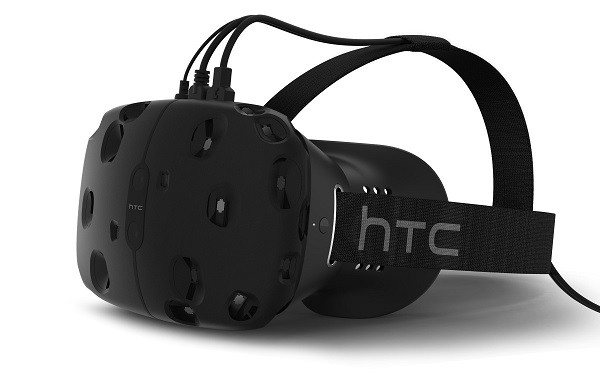The consumer electronics industry has ushered in the brand new selling point of “virtual realityâ€, and HTC has also encountered a situation where Vive VR devices are more popular than their smartphones. For the purpose of "protecting future investment," HTC has decided to spin off its Vive business and set up a wholly-owned subsidiary. Earlier, the company’s senior executives had disclosed this news at the shareholders’ meeting. In the statement to TheVerge, HTC said: "We can confirm that we have established a wholly-owned subsidiary called HTC Vive Tech Corporation to develop strategic alliances and help create a global VR ecosystem."

For HTC, this means that it will still have a complete Vive business, but it will be stripped of its business with a sluggish smartphone, which will minimize the risk of this emerging business being dragged down.
The immediate example is that although the HTC 10 slightly improved, but the company's overall smart phone business is still quite unstable. Considering that the VR market may usher in a big outbreak in the next few years, it is absolutely wise to split it as soon as possible.
To this end, HTC has also launched the "Virtual Reality Venture Capital Alliance" and incubators. In addition, Oculus, Sony, Google, and even Nintendo and Microsoft, will compete fiercely in the VR market.